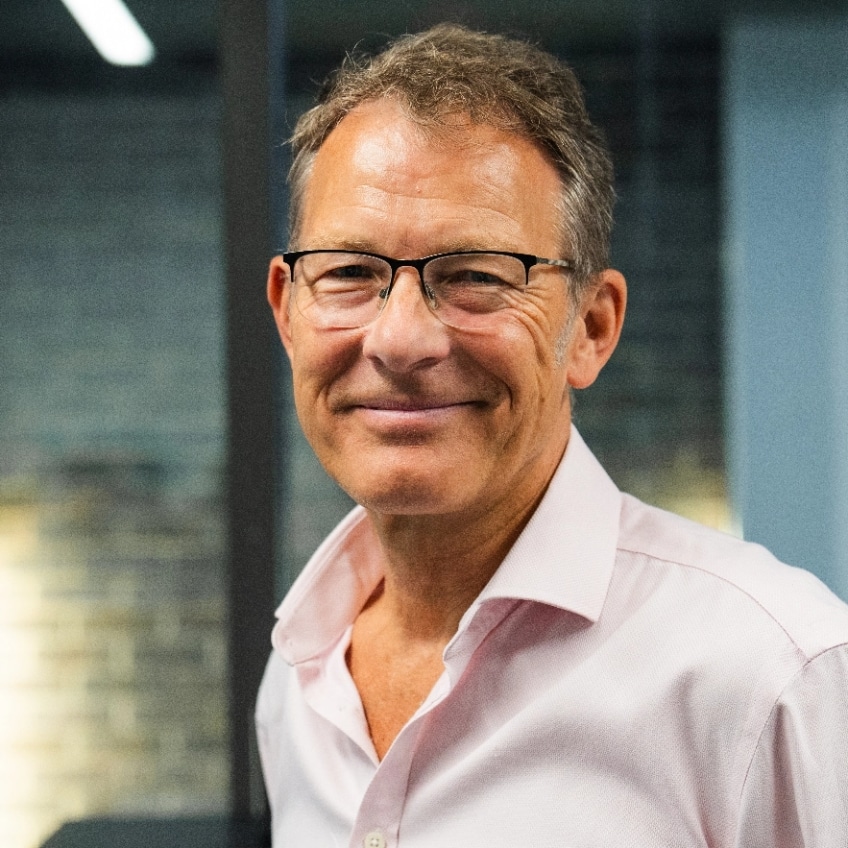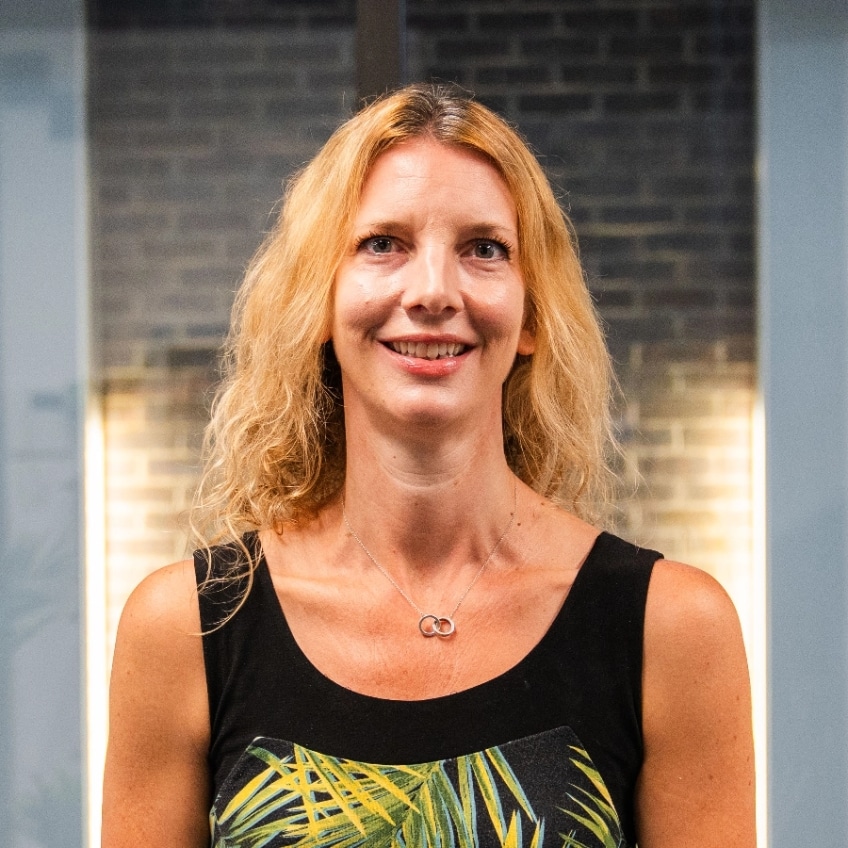
Psychological Safety: The Unspoken Key to Creative Success
15 May 2024 | 5 min read
Author: Kate Davis, Executive Coach & L&D Consultant at BAND
Psychological safety is a term you hear a lot these days, but it’s more than just a fad. The concept stems from seminal research by Harvard Business School professor Amy Edmondson in the 1990s. It is now widely seen as a critical component of high-performing teams and innovative organisations.
The idea of psychological safety revolves around fostering an environment where individuals feel empowered to take risks, voice opinions and explore unconventional ideas without fear of repercussions. It is often overlooked but can make or break an organisation’s ability to innovate and excel.
The Good News: Psychological Safety Boosts Creativity
When psychological safety is present, magic happens. Creatives feel emboldened to share their wildest ideas, challenge assumptions and push boundaries without fear of ridicule or penalisation. This freedom to explore and express oneself without judgment is the fertile ground where innovation thrives.
Additionally, a psychologically safe environment promotes a positive mindset, where failures and setbacks are embraced as learning opportunities rather than sources of shame or blame. Creatives are more likely to take calculated risks and venture into uncharted territory, knowing their efforts will be met with support and understanding, even if they don’t succeed on the first try.
Moreover, psychological safety creates a collaborative culture where diverse perspectives are valued and team members feel comfortable constructively challenging each other’s ideas. This open exchange of viewpoints leads to richer discussions, robust solutions and a deeper understanding of challenges.
The Bad News: A Psychologically Unsafe Environment Breeds Negativity
Conversely, when psychological safety is lacking, the ripple effects can devastate a creative organisation. In a setting where fear and judgment reign, creatives become guarded, hesitant to share their thoughts and reluctant to take risks. This oppressive atmosphere leads to a toxic cycle of self-censorship, diminished creativity and a reluctance to embrace change.
Furthermore, a psychologically unsafe environment breeds resentment, mistrust and disengagement. Creatives may feel undervalued, unheard and disconnected from the organisation’s mission, leading to high turnover rates and the loss of valuable talent.
Perhaps most concerning is the impact on innovation. When creatives feel constrained by the fear of failure or repercussions, they are less likely to explore bold, groundbreaking ideas that could disrupt the status quo. This lack of risk-taking leaves companies stagnant, unable to adapt to changing market conditions or stay ahead of the competition.
In my next blog, I’ll explain the best ways to achieve a psychologically safe environment.
Let’s Talk
Tel: 020 8138 5560
Email: hello@weareband.co.uk
111 Charterhouse Street,
London, EC1M 6AW

